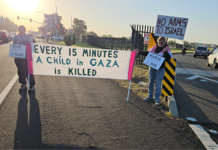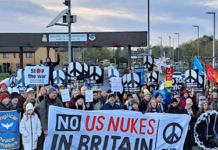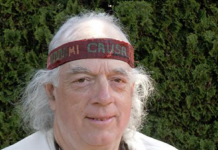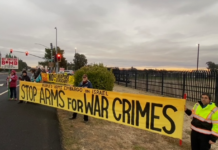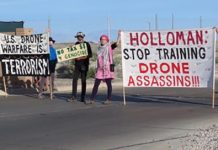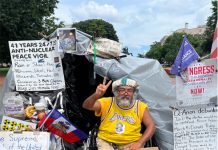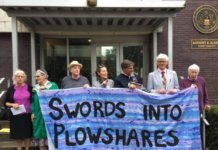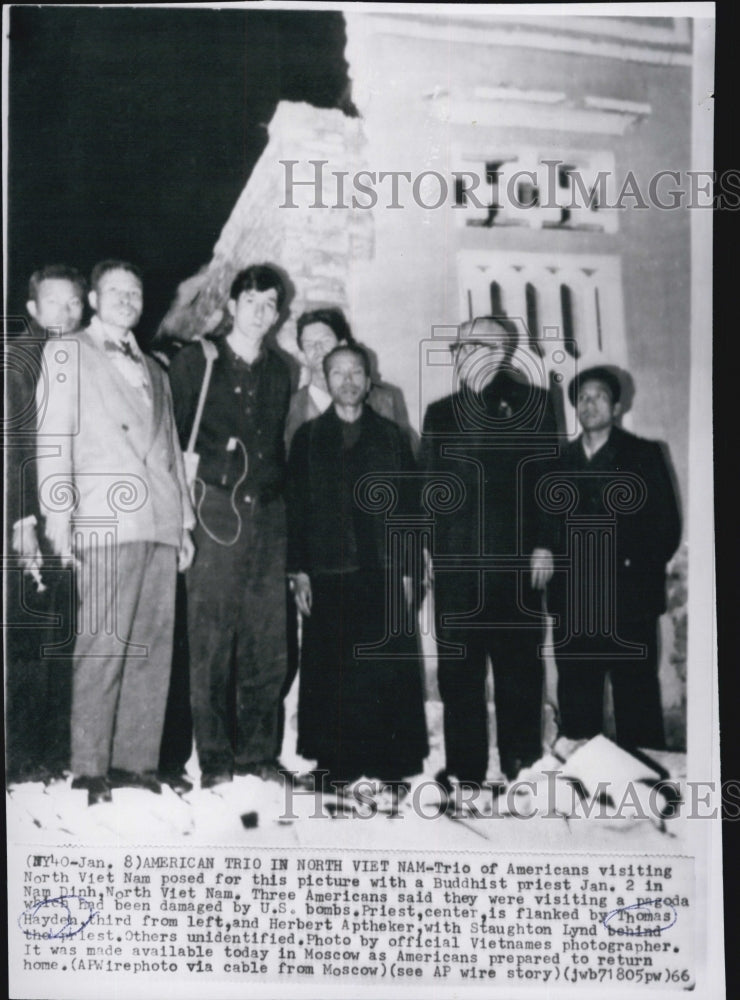
On September 19, the Vietnam Peace Commemoration Committee hosted a webinar focused on the significant impact of women in the Vietnam era anti-war movement.
The first speaker, Vivian Rothstein, who was drawn to anti-war activism after participating in the Mississippi Freedom Summer, spoke about her participation in a conference in 1967 in Bratislava, Czechoslovakia, with 40 other American peace activists who met with members of the resistance in North and South Vietnam, including Madame Nguyen Thi Binh, a top official with the southern-based National Liberation Front (NLF).
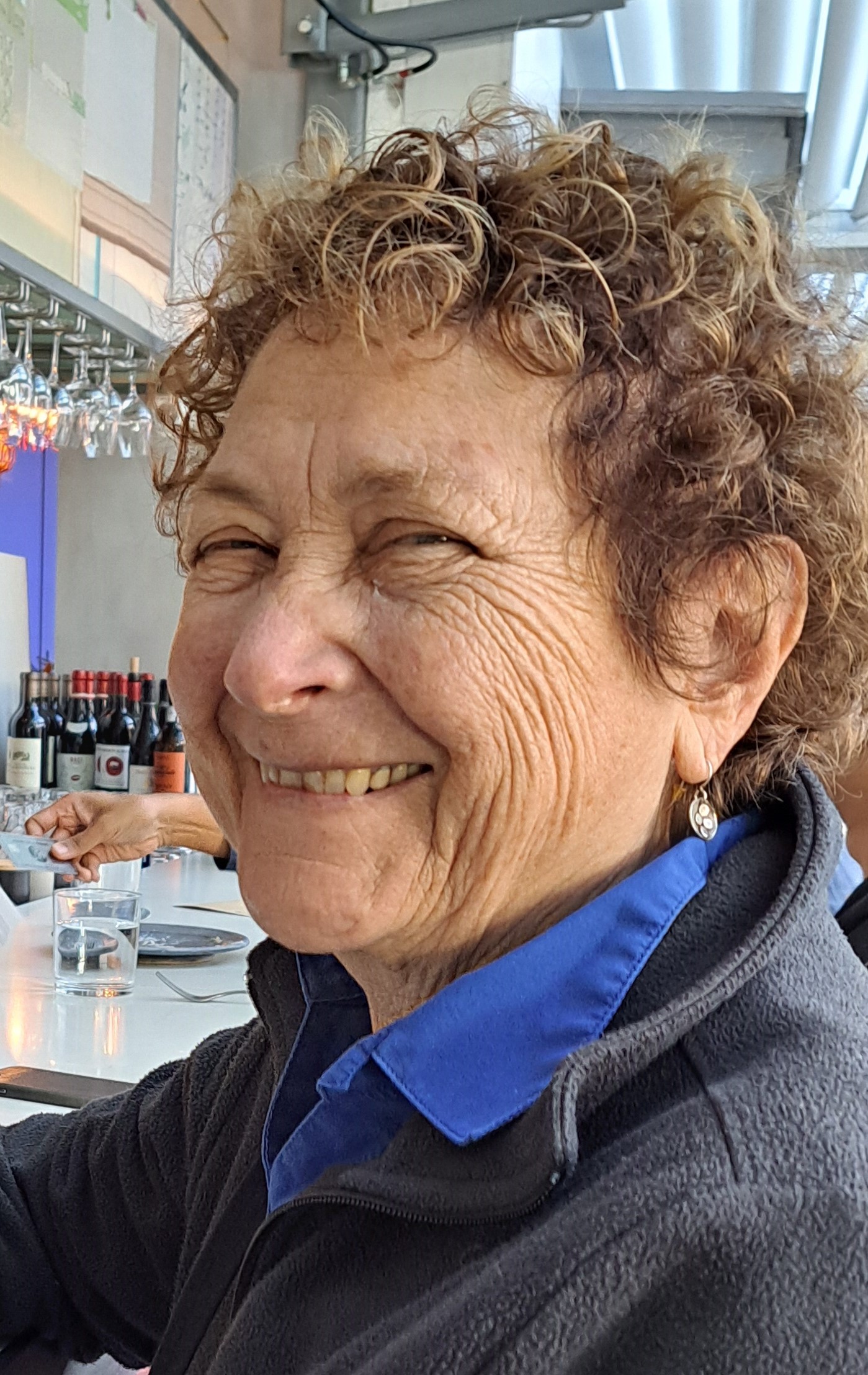
The Bratislava conference was co-organized by Tom Hayden, co-founder of the Students for a Democratic Society (SDS), and provided an opportunity for U.S. peace activists to learn directly from Vietnamese about what the U.S. government was doing.
Rothstein said that the Vietnamese women asked to meet separately with the American women who were part of the delegation. They told them about horrific rapes being carried out by U.S. soldiers, bombing of villages, and parachuting of Vietnamese women onto U.S. military bases to serve as sexual playthings for U.S. GIs.
The Vietnamese women hoped that the American women would go back to their communities to tell people what was really going on, with the belief that they would pressure the U.S. government to end the war.
Rothstein said that the Bratislava conference was very meaningful for everyone who participated in it and a good example of people’s diplomacy—citizens getting together, independent of their government, to build ties and work toward peace.
Such efforts are urgently needed in the present day amidst the complete breakdown of U.S. diplomacy—whether in the Middle East, Far East, or toward Russia at a time of escalating conflict that could lead to nuclear war or World War III.
During the last presidential debate, Vice President Kamala Harris scoffed at Donald Trump for suggesting the need for a cease-fire in Ukraine and made clear her intent to continue the Biden administration’s policy of fighting “to the last Ukrainian.”
Further, Harris attacked Trump for “exchanging love letters” with North Korean leader Kim Jong Un—a reference to his visit to Pyongyang, which should be regarded as one of the few good things Trump did during his presidency.
Harris’s hostility to diplomacy and use of neo-McCarthyite slanders—directed against an extreme right-wing figure like Trump, no less—reflects the toxic environment in Washington underlying the permanent warfare state.
The peace movement ought to follow the example of the Vietnam era anti-war movement in carrying out citizen diplomacy and forging connections with activists and government leaders in countries targeted by the U.S. for attack.
Part of the benefit would be education: They could develop a better understanding of U.S. government depredations and in turn work to better educate the American public with the hope of building a larger peace movement.
One of the speakers during the Vietnam Peace Commemoration Committee webinar, Cora Weiss, was nominated for the Nobel Peace Prize for her courageous efforts on behalf of peace over many decades.
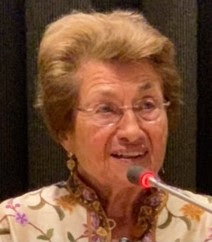
Weiss was a leader in the 1960s of the group Women Strike for Peace, which participated in citizen diplomacy by meeting with Vietnamese delegations and traveling to North Vietnam where they witnessed first-hand the ravaging effects of U.S. bombing.
Weiss recalled Women Strike for Peace’s efforts to secure an atmospheric testing ban for nuclear weapons, which was signed by President John F. Kennedy just months before his death. During the signing, Weiss and her comrades had gathered outside the White House, and Kennedy told his wife, Jackie, to bring them coffee and donuts in recognition of their efforts.
Weiss was part of the Jeannette Rankin Brigade, named after the first female congresswoman who voted against U.S. intervention in World War I and World War II (she was the only vote against the declaration of war on Japan after Pearl Harbor and faced a barrage of hate mail).
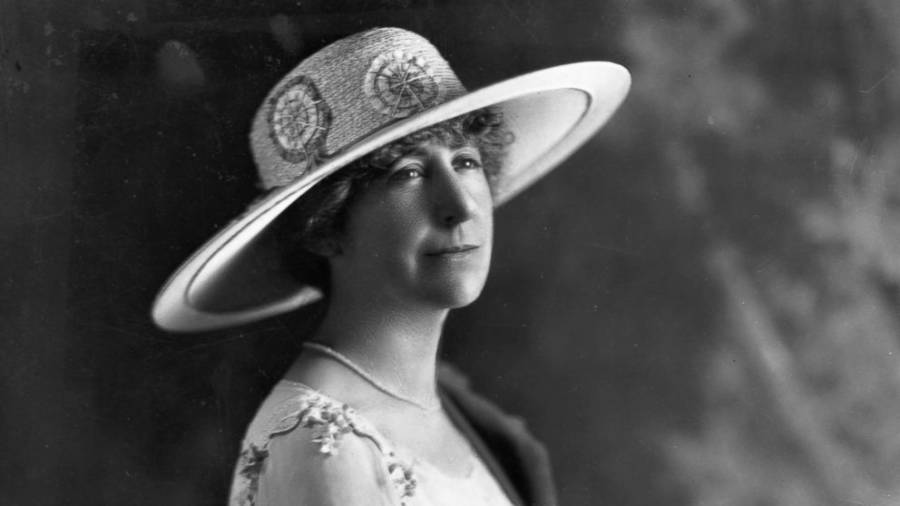
To counter the Nixon administration’s argument that it had to bomb North Vietnam until it released all American POWs, Weiss and Women Strike for Peace exchanged letters with POWs, many of whom did not support the bombing and wanted the war to end.
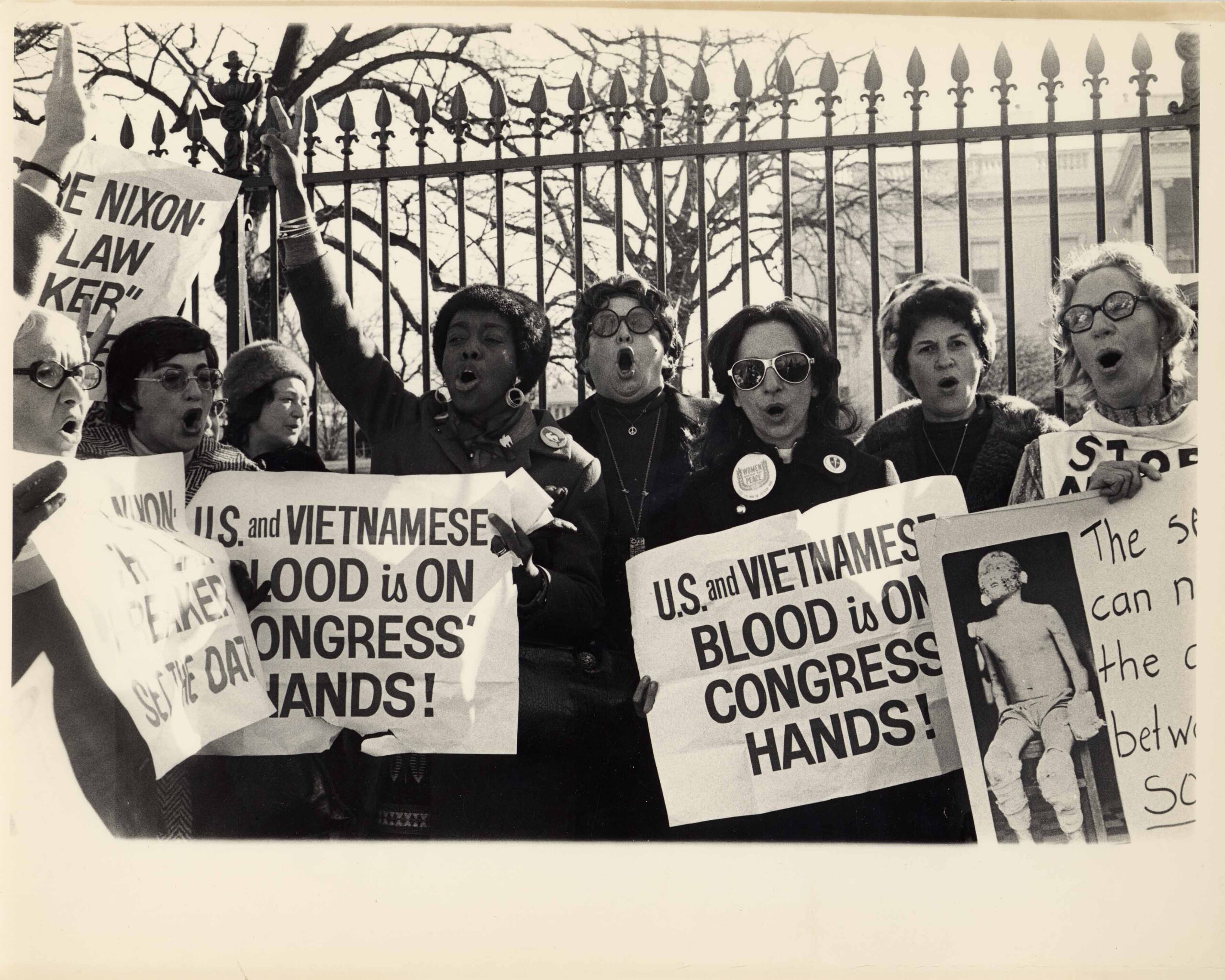
The two other speakers during the webinar were Leslie Cagan, a one-time NYU student who has been involved in peace activism for 60 years, and economist Le Anh Tu Packard, who recounted her family’s support for Vietnamese nationalist movements going back to the era of French colonialism.
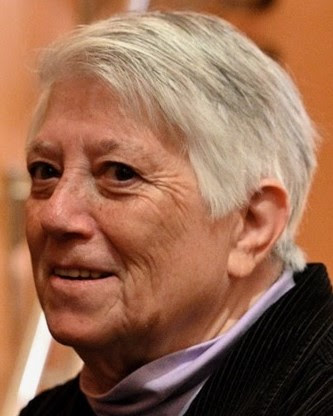
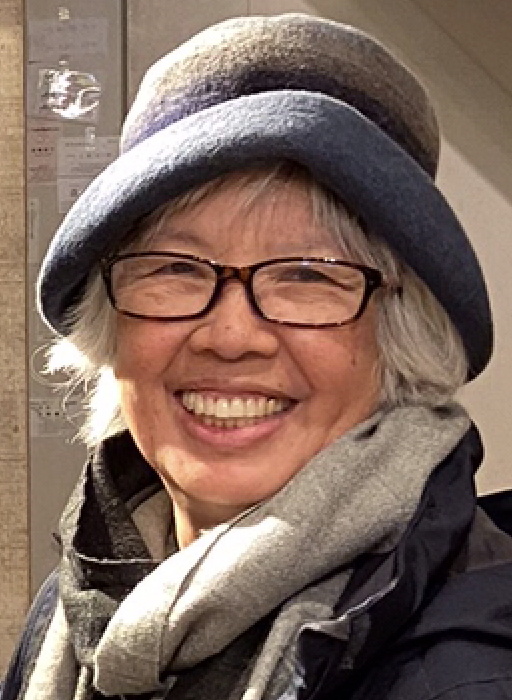
Tu’s mother lived for a long time in Vientiane, Laos, after she became a refugee from French bombing and supported the Vietminh, which fought against France and then the U.S. for Vietnam’s liberation under the leadership of Ho Chi Minh.
Tu recalled her mother’s view that the Ngo Dinh Diem regime was a puppet government installed by the U.S., as the Pentagon Papers revealed, that the South Vietnamese state was an artifical creation of the U.S., and that U.S. intervention in Vietnam was illegitimate and highly destructive—a view Tu shared.
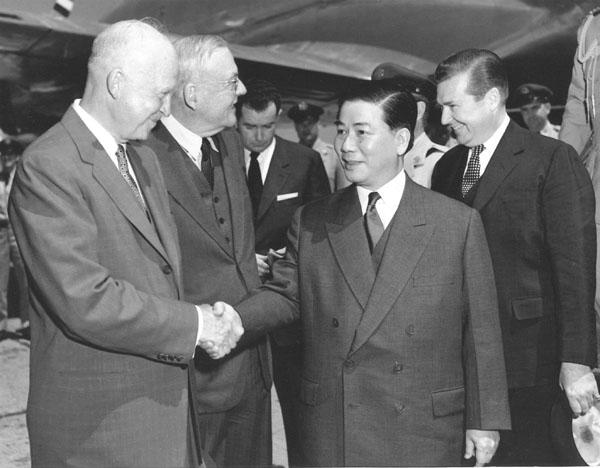
Sadly, the sordid history of U.S. intervention in Vietnam is hardly known to most Americans today. Americans have been perpetually conditioned to view the war through the lens of the domino theory and Cold War, and to think that the U.S. invasion was designed to defend South Vietnam from North Vietnam’s aggression.
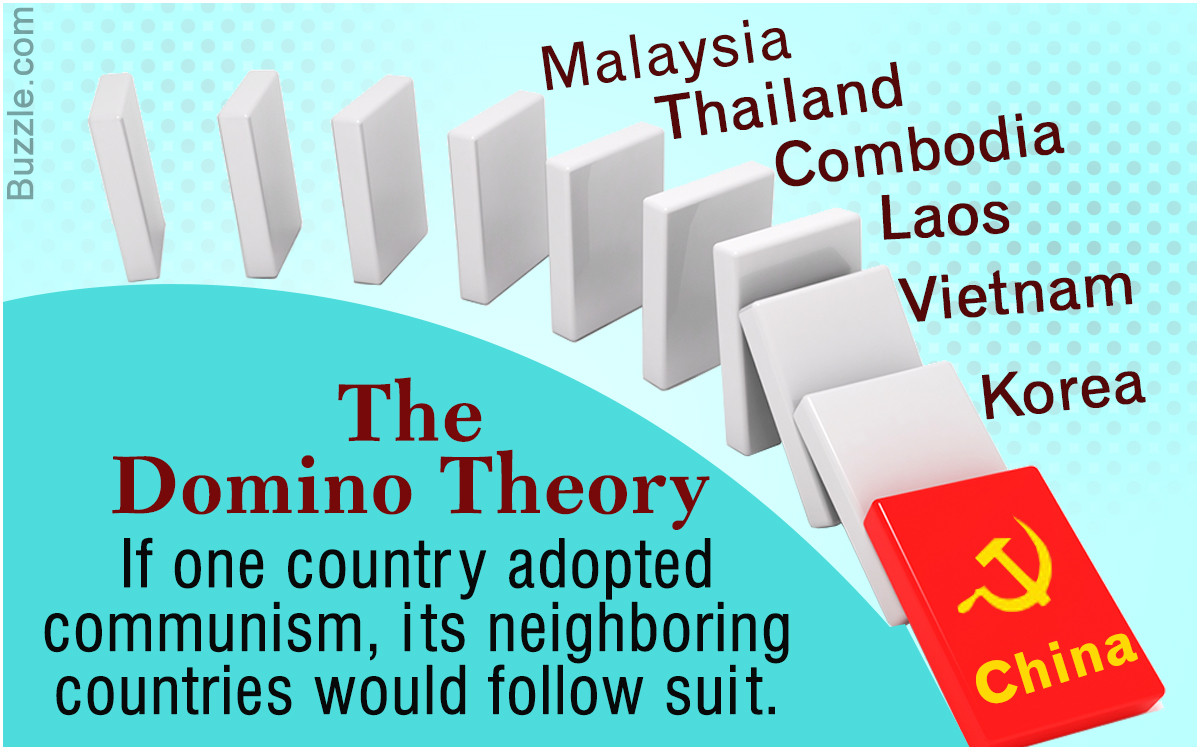
Such a view obscures the fact that Vietnam was a) artificially divided under the terms of the 1954 Geneva agreements, which called for unifying elections that the U.S. never allowed; b) that the North Vietnamese communists were widely regarded as authentic nationalists who spearheaded the defeat of French colonialism; and c) that the regime of Ngo Dinh Diem triggered the growth of a revolutionary guerrilla movement in South Vietnam after it carried out a reign of terror against the political opposition with support from the U.S. military and CIA.
The dominant American view further obscures the imperial objectives that the U.S. pursued in Vietnam, including the desire to transform South Vietnam into a base for the U.S. military, and to open its economy to U.S. business interests and interlink it with U.S. allies—South Korea, the Philippines and Japan—in an anti-Chinese alliance.[1]
Ken Burns’s 2017 documentary series on the Vietnam War, which was viewed by 60 million Americans, reaffirms a skewed revisionist history promoting the domino theory and other tropes that were used to justify the U.S. war on Vietnam.
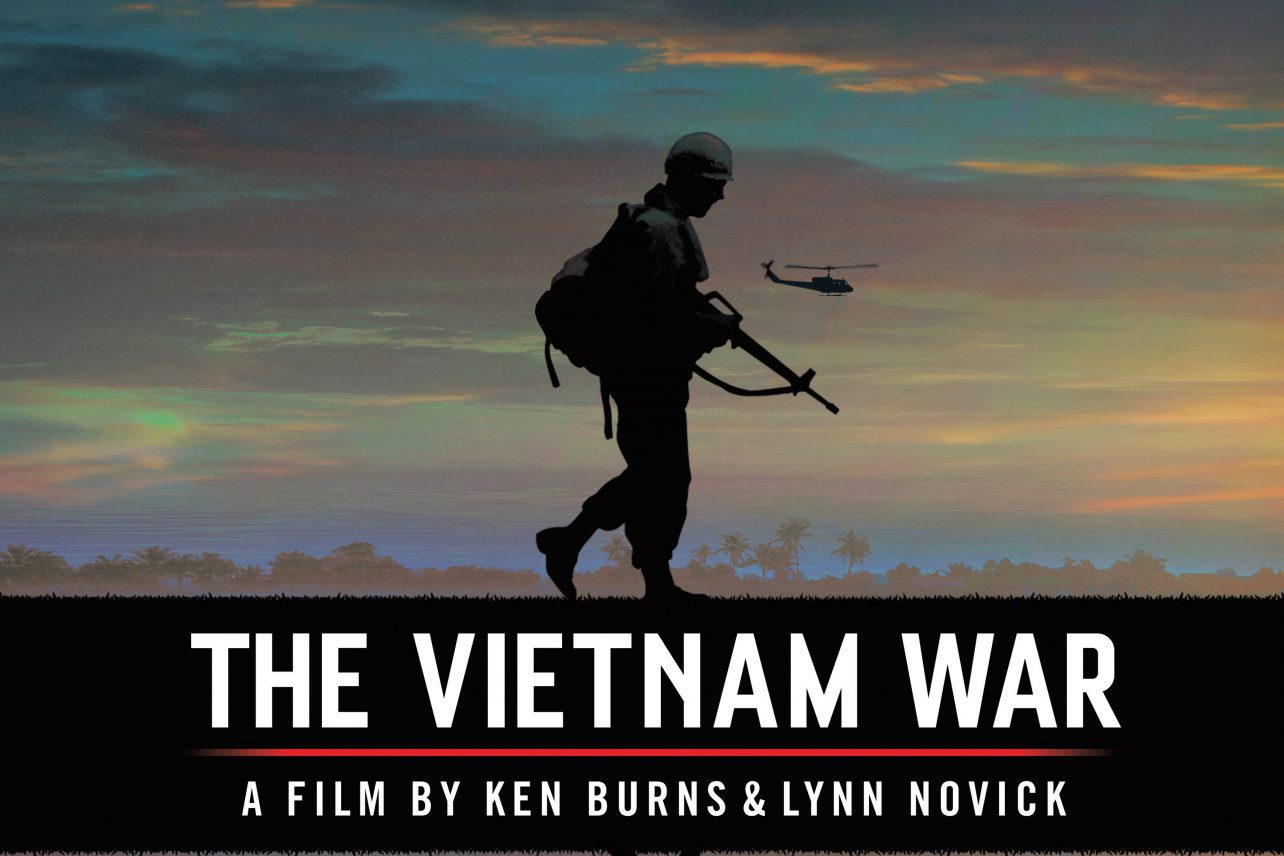
In light of this, it is important to listen to the voices of peace activists from the 1960s, women and men.
They developed a keen understanding of the war and its horrors, and honorably worked to try to end it—including by participating in people’s diplomacy, which is so urgently needed today.

See H. Bruce Franklin, Vietnam and Other American Fantasies (Amherst, MA: University of Massachusetts Press, 2000). ↑
CovertAction Magazine is made possible by subscriptions, orders and donations from readers like you.
Blow the Whistle on U.S. Imperialism
Click the whistle and donate
When you donate to CovertAction Magazine, you are supporting investigative journalism. Your contributions go directly to supporting the development, production, editing, and dissemination of the Magazine.
CovertAction Magazine does not receive corporate or government sponsorship. Yet, we hold a steadfast commitment to providing compensation for writers, editorial and technical support. Your support helps facilitate this compensation as well as increase the caliber of this work.
Please make a donation by clicking on the donate logo above and enter the amount and your credit or debit card information.
CovertAction Institute, Inc. (CAI) is a 501(c)(3) non-profit organization and your gift is tax-deductible for federal income purposes. CAI’s tax-exempt ID number is 87-2461683.
We sincerely thank you for your support.
Disclaimer: The contents of this article are the sole responsibility of the author(s). CovertAction Institute, Inc. (CAI), including its Board of Directors (BD), Editorial Board (EB), Advisory Board (AB), staff, volunteers and its projects (including CovertAction Magazine) are not responsible for any inaccurate or incorrect statement in this article. This article also does not necessarily represent the views the BD, the EB, the AB, staff, volunteers, or any members of its projects.
Differing viewpoints: CAM publishes articles with differing viewpoints in an effort to nurture vibrant debate and thoughtful critical analysis. Feel free to comment on the articles in the comment section and/or send your letters to the Editors, which we will publish in the Letters column.
Copyrighted Material: This web site may contain copyrighted material the use of which has not always been specifically authorized by the copyright owner. As a not-for-profit charitable organization incorporated in the State of New York, we are making such material available in an effort to advance the understanding of humanity’s problems and hopefully to help find solutions for those problems. We believe this constitutes a ‘fair use’ of any such copyrighted material as provided for in section 107 of the US Copyright Law. You can read more about ‘fair use’ and US Copyright Law at the Legal Information Institute of Cornell Law School.
Republishing: CovertAction Magazine (CAM) grants permission to cross-post CAM articles on not-for-profit community internet sites as long as the source is acknowledged together with a hyperlink to the original CovertAction Magazine article. Also, kindly let us know at info@CovertActionMagazine.com. For publication of CAM articles in print or other forms including commercial internet sites, contact: info@CovertActionMagazine.com.
By using this site, you agree to these terms above.
About the Author

Jeremy Kuzmarov holds a Ph.D. in American history from Brandeis University and has taught at numerous colleges across the United States. He is regularly sought out as an expert on U.S. history and politics for radio and TV programs and co-hosts a radio show on New York Public Radio and on Progressive Radio News Network called “Uncontrolled Opposition.”
He is Managing Editor of CovertAction Magazine and is the author of six books on U.S. foreign policy, including Obama’s Unending Wars (Clarity Press, 2019), The Russians Are Coming, Again, with John Marciano (Monthly Review Press, 2018), Warmonger. How Clinton’s Malign Foreign Policy Launched the U.S. Trajectory From Bush II to Biden (Clarity Press, 2023); and with Dan Kovalik, Syria: Anatomy of Regime Change (Baraka Books, 2025).
Besides these books, Kuzmarov has published hundreds of articles and contributed to numerous edited volumes, including one in the prestigious Oxford History of Counterinsurgency .
He can be reached at jkuzmarov2@gmail.com and found on substack here.


